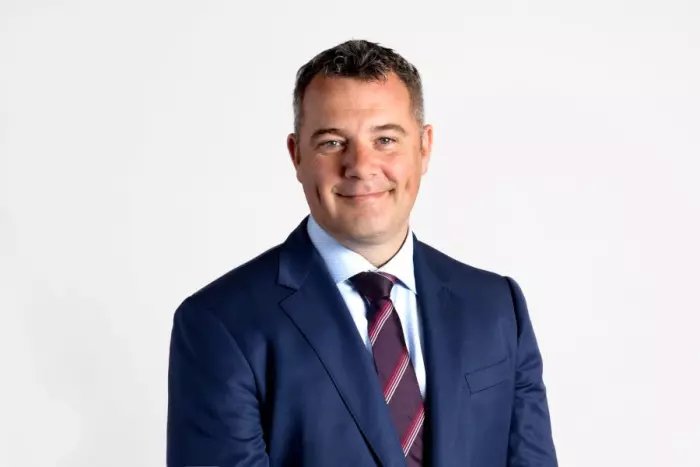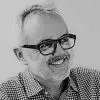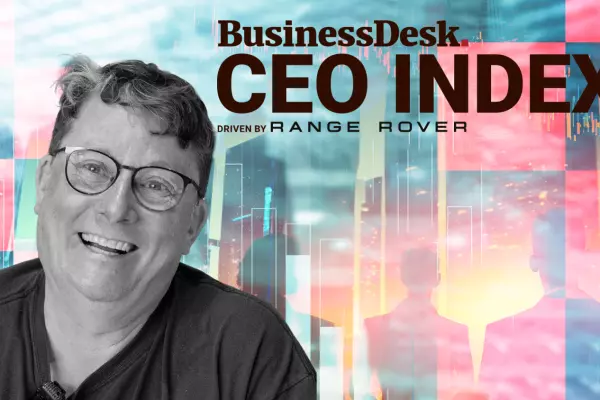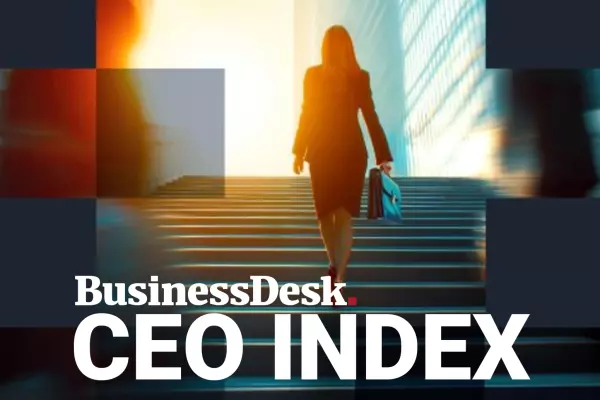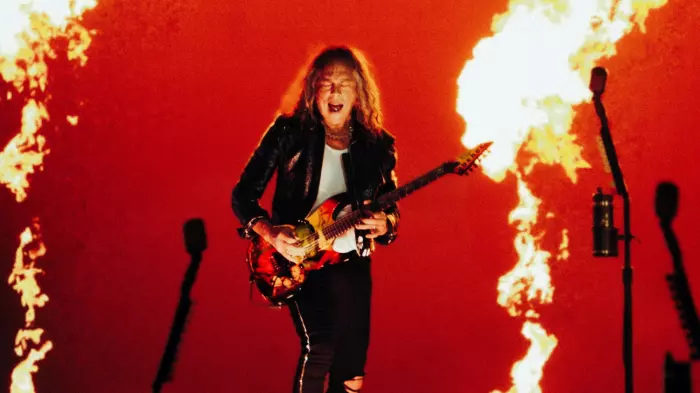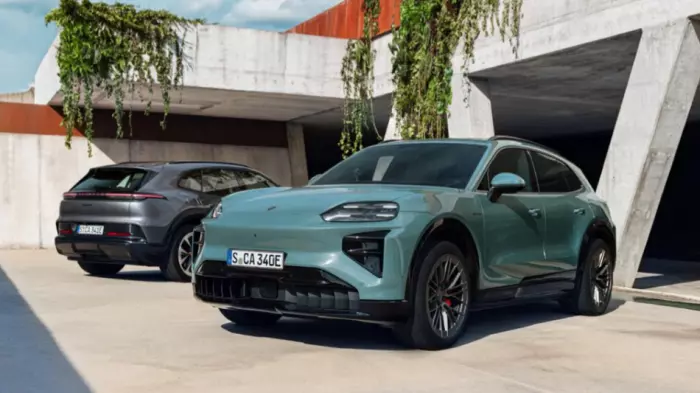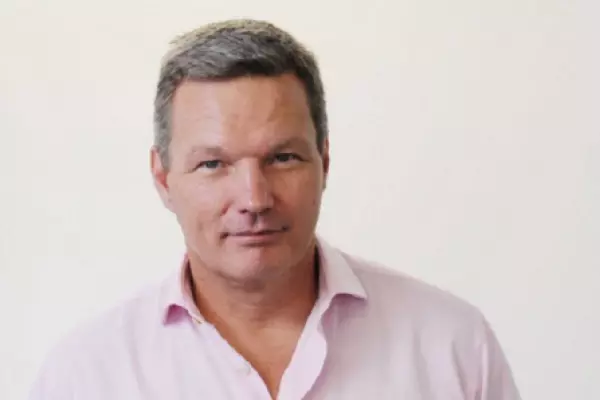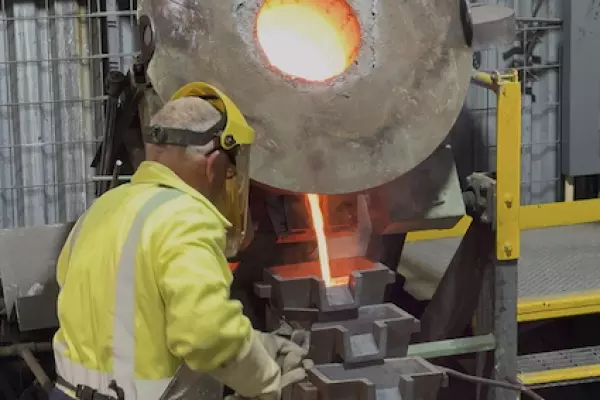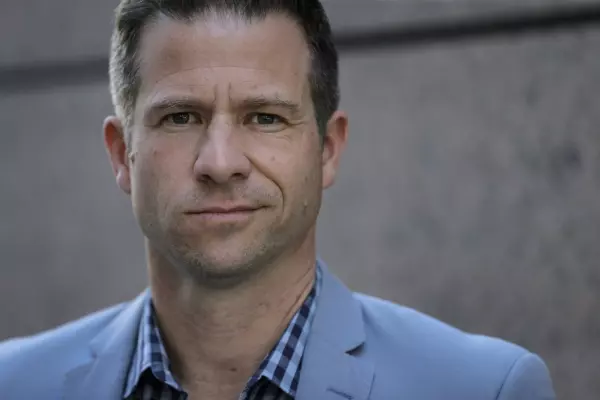Three generations of the Manson family have created what is arguably New Zealand’s largest commercial property and construction company, Mansons TCLM, now led by Culum Manson and his brothers, with their father, Ted, still very much hands-on.
Aucklanders will be familiar with Mansons’ cranes, lit with green neon, and its landmark buildings, including the headquarters of Kiwibank, 2degrees, Spark, and NZME.
When interviewed, Culum Manson wants to talk about the firm’s green credentials – especially a carbon offset scheme in which each new building will be tied to a new native forest – and pushes back against a perception that Mansons TCLM is ruthless.
“I think ‘ruthless’ is probably a bit tough,” Manson says. “We’ve been doing this for so long now that we have so much goodwill in our supplier base that has been built up over decades. There’s a lot of good relationships there. They are almost like an extension of our family … Sometimes we fall out, but we patch things up.”
He says the Manson family (TCLM stands for Ted, Culum, Luke, and Mac) are nothing like the family depicted in the television series Succession: “You just couldn’t do that in this industry. We’re just a little kind of family property-development business, specialising in Auckland, and Auckland is a village.”
Manson says the company’s commitment to the environment isn’t greenwashing and he glides over a recent controversy in which a foundation run by his father cut down a large old pōhutukawa in the middle of the night beside St David’s Presbyterian Church in Grafton, just as Mansons TCLM launched its carbon offset programme.
Culum Manson calculates the family company – started by Ted and his late father, Colin, in the mid-1970s – has completed several billion dollars’ worth of projects in the past three or four years and has a “couple of billion” more due for completion in the next two years – helped, rather than hindered, by the covid pandemic, and a flight to quality in premium office space. He admits to once promoting a public stock listing for Mansons but now says private is right.
He offers an insight into the importance of environmentally sound, architecturally important – even beautiful – commercial buildings in Auckland.
BusinessDesk: Starting with the environment, you’ve announced a new 120% carbon offset plan, and you’re known for Green Star buildings. Are you going beyond what you have to do?
Culum Manson: Well beyond. We jumped on it [the Green Star environment rating system] because we thought it was a good thing to lift the quality. It started out to be quite tokenistic, but it evolved. The more we did it, the more customers wanted it. It became a real thing. It just got better and better. Major corporates, both multinational and local, and the government are trying to implement this.
Explain the 120% carbon offset; is it just carbon capture with radiata forests?
It's the opposite. We are very specific about planting native forests because we understand there's a big difference between pine trees that get chopped down in 20 years versus a native forest. It brings more life. We're planting a physical forest that we're attaching legally to that asset. No one's done that.
What do you say to those who’d claim it’s just greenwashing construction and property?
I would say it was in the past (but) the market latched onto it and realised there was something that people were interested in and was important for the product. It has evolved from a simple greenwash to something real.
Yet the foundation run by your father cut down a 120-year-old pōhutukawa on a site in Khyber Pass Rd in the middle of the night this month.
I didn’t even know that was happening. It’s a situation where he’s gone off and saved the church, and in order to save the church he’s had to create some value on the site next door, and in order to do that a tree had to go.
[Manson says that although his father is still involved in Mansons TCLM, his housing work is separate from the company. Social housing developed by the Ted Manson Foundation in West Auckland, for example, was built by another firm.]
How do you place yourself against competitors such as Precinct Properties, which did the Commercial Bay project?
To put it in perspective, two of our projects, or two and a half of our projects, are equal to one of their big ones. We do that every year. So, we are far more prolific and we're far more consistently delivering product into the market than they are. But they do a good job, too.
Mansons is a family company. Have you considered going public?
We talked about it. I actually promoted the concept about 10 years ago without really understanding what it meant. We started going into it and the more we got into it, the more intensive it got and the more cumbersome. We just thought, why would you want to? We don’t need the capital; we can’t build any more than we are building. The ideal is we’re starting one [project], we’re halfway through one, and we’re finishing one every year. That’s sort of the rolling pipeline. That’s the aim, to have one completing, one starting, and one halfway through. You’re sort of doing two or two and a half every three years.
Mansons TCLM is dominated by office developments but started in residential.
Residential was the primary business until about the mid-1990s and then we evolved into commercial, and by the early 2000s we were more commercial than residential. It just kind of flipped and that's sort of my influence, and my brothers’ influence. We helped steer it off in that direction. We just kind of got good at it. We just evolved.
The company’s reputation for architecture may be a bit mixed but it’s clear you’ve invested in landmark architecture now, yes?
We spread it around [architects] a little bit. We've got a lot of our expertise in-house. We've got a big design team and engineering and construction team … We sit with the architects and we're part of the design process. We don't just say, “Go off and design the bloody thing and bring it back.” We're collaborating with them and applying our knowledge.
What's a building of yours that you like? Don’t say it’s the last one.
It’s sort of true [that it’s the last one]. Every time we do a building, every new development, every evolution, is slightly better than the last. The most recent one was 136 Fanshawe Street, which is where 2degrees’ new headquarters are. The design was inspired by a few buildings I saw in Tokyo, where they have these 50-storey skyscrapers with bloody great three-storey lobbies. We basically applied a Tokyo lobby to a six-storey building. It’s all high volume and then it turns into another massive central atrium. It almost deserves 40 storeys on top of it.
Another one that I have always liked is one we finished back in 2008/2010: the then Telecom headquarters in Victoria Street West. It’s now Spark. That was a four-building complex that we connected up with a massive central atrium.
I believe you’re a fan of architect Neville Price’s 1972 West Plaza building – one of the original modern skyscrapers in Auckland.
Everyone loves that building. It's not a very efficient building because it's old and it's got small floors, but it looks cool. It adds a bit of spice to the neighbourhood.
Apart from environmental credentials, what are the trends in office buildings, and how has the pandemic affected them?
We’ve learned that what we do is help businesses change and evolve. To do that you need big floor places, highly efficient spaces, lots of people connecting, and lots of happy people in an office. It just flows all the way through in the right building.
I often cite Meredith Connell as a classic example: the crown solicitors worked over five levels in an old 1980s building in Short Street. They took a chance. They came across to one of our new builds, went from five floors to one floor and within five years they've doubled their space and moved to 136 Fanshawe. They credit a lot of that growth to the change of culture. They had all these people who didn't know each other all of a sudden interacting in a central cafe and on one floor plate. It just transformed the way they ran their office.
And covid?
What it did is show that there was hybrid working, but it was already happening to keep staff happy. It drove all these customers to the market that weren’t even thinking about space for the next five years, but because of covid they all of a sudden said, “We gotta get out of these dog-shit premises.”
It's a cliche to talk about a flight to quality but covid has pushed people. They want to change their outfits to spread out and have more breakout areas, and all the services can be moved around to suit. New buildings can do that; with old buildings you can't do that.
Covid seems to have changed your life, too, moving out of the city and selling the former Grant Dalton mansion at 95 Victoria Avenue in Remuera.
We're halfway through the move right now. We've sold it. We had a little holiday place in Karaka, and my wife is a horse nut. We came out here for the first lockdown and just never went back. The whole point of being out here is that it's not Herne Bay and it's not bloody Omaha. It’s quite good. We are quite detached from all that, which we quite like.
How do you build the land bank and finance your projects? It must sometimes take a long time to collect the properties, consolidate them and then fund the build.
It's the old story: there's only so much land to go around, and in the right location. You’ve got to get the land in the right location; there’s plenty of land in the wrong location.
What’s your biggest mistake or biggest lesson?
The more I do this, the more I realise I know less than I thought I did. There are so many mistakes that you can make in this business. You are constantly learning. I’m constantly learning from the customers as to what drives them and what pushes them to move or transform their business and I just adapt our business to that as best I can.
One thing we say in the family is, “Sometimes the best deal that you do is the one that you don’t do.” I’ve been in that situation many a time when I’ve wanted to acquire something and for whatever reason I haven’t and then I’ve been grateful because I’ve ended up doing something else that has been better.
What did your dad teach you?
Shitloads. He taught me most of what I know about the business. I guess you can call it an apprenticeship. I grew up with real estate from when I was little. It was around me the whole time. I was just constantly watching him do deals over the kitchen table or looking at property.
This interview has been edited for clarity.


